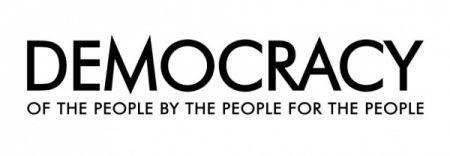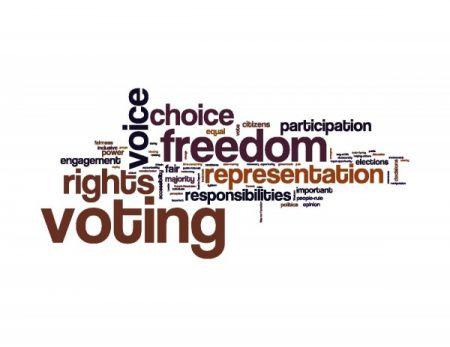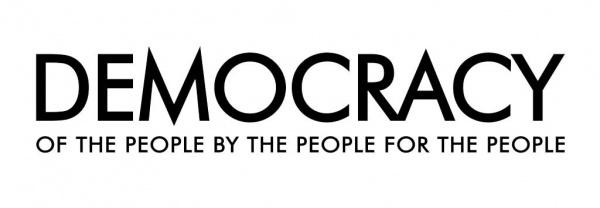Have Malaysians’ demands for fairer rule of law actually contributed to the crime rate?

“With great power, comes great responsibility.” – Spider Man
Unfortunately, that is not necessarily the case in Bolehland. Those in power often avoid being held accountable and shift the blame on others. Power is abused to oppress the weak and minorities. Arbitrary actions are considered the norm by the people in power when it should be seriously condemned and disapproved. Thanks to the internet and its unlimited flow of information, the rakyat who have access to it are now generally better informed. The rakyat became more aware of their rights as citizens and became more critical towards the government’s acts and policies. As a consequence, due to public pressure, the archaic Internal Security Act (ISA) as well as the Emergency Ordinance (EO) were repealed. Credits should be given to the Government for willing to succumb to the rakyat’s demands. However, the repeal of these laws has been seen by our Home Minister and several politicians as contributed contributing factor to the rise of crime rates.
With all due respect, I think there is no nexus at all between the abolishment of those archaic laws and the rising crime rates. Is the Penal Code not enough to combat criminals? Those repealed laws are preventive laws which provide for detention without trial. How could the abolishment of detention without trial possibly result in the rise of crime rates? I submit that we no longer need preventive detention laws because they are not in line with the rule of law. These laws violate the principles of natural justice and the presumption of innocence. In fact, preventive detention laws are not even close to just and reasonable. Criminals deserve a fair trial too, but it must be ensured that they will be given appropriate punishments if they are found guilty. Apparently, the blame is put on the rakyat for the rising crime rates for demanding the repeal of those laws, when it is actually the people in power who should be held accountable. I once witnessed a theft where the victim’s phone was stolen while he was eating in a restaurant, my mother was a victim of snatch theft and we have the news reporting all sorts of heinous crimes. The question is does preventive detention make a difference in combating these crimes? I am certain that many of us say ‘No’. In fighting crime, any reasonable person would agree that it is not necessary to have preventive laws but rather, it is a matter of effective enforcement, as well as the efficiency and integrity of the relevant authorities

The next step for us would be to fight for the abolishment of another archaic legislation – the Sedition Act, as promised by Prime Minister Najib Razak. Why must we abolish this Act, you may ask? The answer is simple – to allow more space for freedom of speech. Of course there has to be restrictions but those restrictions must be based on reasonable and constitutionally permissible grounds. The rakyat should be permitted to express their views and engage in public discussions without fear of being prosecuted. We must uphold and continue to fight for freedom of speech because it is the essence of democracy. In Muhammad Hilman bin Idham & Ors v Kerajaan Malaysia & Ors [2011] 6 MLJ 507, Mohd Hishamudin Yunus JCA opined that:
“Freedom of expression (speech) is one of the most fundamental rights that individuals enjoy. It is fundamental to the existence of democracy and the respect of human dignity.”
Recently, there have been a few fallacious arguments from several Ministers and politicians saying that if we were to abolish the Sedition Act, public order will be disrupted as people would not have to think twice before they act. Again, do these Ministers and politicians not aware that we already have the Penal Code to regulate hate speeches?

To suggest that allowing more space for free speech would result in disharmony is not only a slippery slope, it is also unthinkable. There is no doubt, of course, when there is a guarantee of free speech, that there will be speeches which would stimulate positive intellectual discussions or exchanging of ideas and there will also be unpleasant ones. But the rakyat should be allowed to learn the boundaries of what should and should not be uttered in public. In return, this would encourage the society to mature when speaking publicly and reacting to public speeches. Any restrictions imposed on the freedom of speech ought to be reasonable for otherwise freedom of speech – the most cherished and important of all fundamental rights– would be redundant. Why do we need a provision for freedom of speech in the Federal Constitution if we are not able to exercise it, or if it is only exercisable in limited circumstances? With the Sedition Act still in existence, how could it be possible for the rakyat to learn?
Malaysians, who consist of people of various races and religious beliefs, have been living peacefully and harmoniously for more than 55 years, save the May 13 incident. But that unfortunate event should not be an excuse to inhibit progress. It is time for Malaysians to move forward beyond tolerance and to accept and embrace our differences. Apart from selective prosecution, the most important reason we must object to the existence of this Act is due to its unreasonableness – it has a very wide and vague provisions which could and would render almost everything as ‘seditious’.

The problem with some Malaysians is that they feel they are obliged to obey laws even though the laws are repressive, unfair and unjust. It is the ‘rule of law’ to obey the existing laws according to them, even if it means obeying them blindly. In actual fact, the concept of the rule of law is not limited to merely obeying the law.
“An unjust law is no law at all” – St Augustine
The struggle for transparency, freedom, justice and accountability must continue in order for the rakyat to have a more vibrant, active and participatory democracy to ensure the Government of Malaysia is a government of the people, by the people and for the people.

